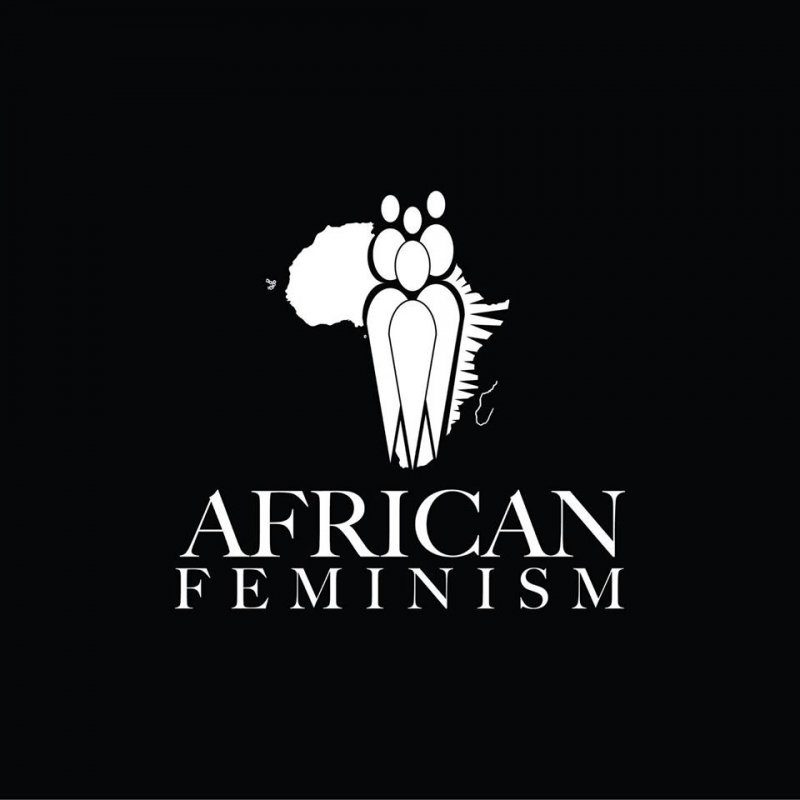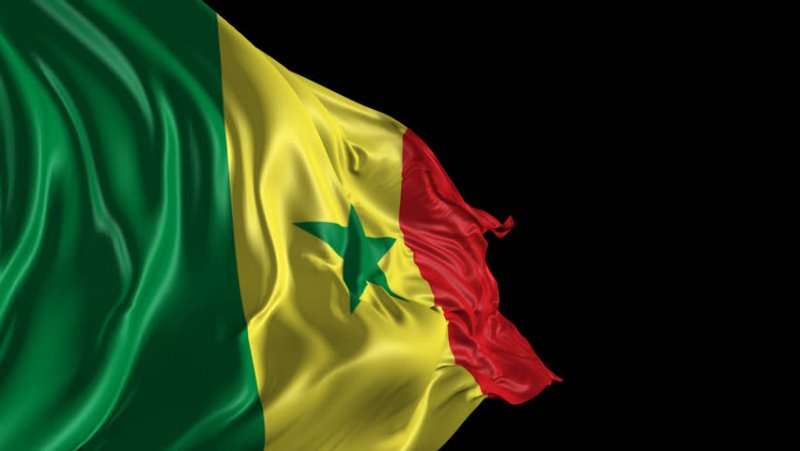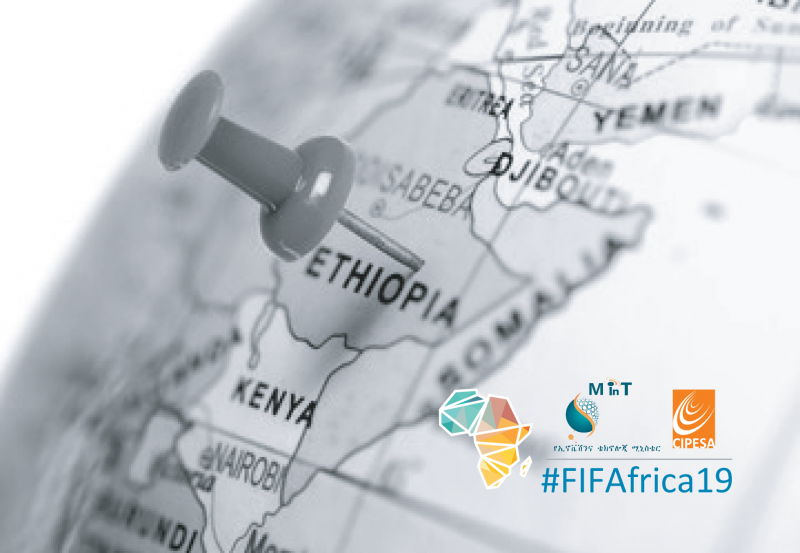Tomiwa Ilori |
Digitalisation has become integral in almost every facet of society, business, education, politics and health. Day-to-day interactions including commercial interactions are increasingly shaped by various forms of technologies and are often accompanied by the release of some form of personal data. However, due to the dynamic nature of the technologies that power e-commerce, laws in many jurisdictions are often playing catch-up with these changes. This includes the laws meant to ensure the protection of consumers that engage in online commercial transactions.
Globally, 101 countries out of a total of 195 currently have some form of online consumer protection legislation. While several of these laws did not anticipate the extent of the digitalisation, many of the rights and protection provided for are in line with international instruments for protection online. Some of these international policy frameworks include the Organization for Economic Co-operation and Development Guidelines for Consumer Protection in E-commerce (OECD), the United Nations Commission on International Trade Law Model Law on E-Commerce (UNCITRAL), the United Nations Guideline for Consumer Protection (UNGCP) and the International Consumer Protection and Enforcement Network (ICPEN).
Across board, these instruments recommend for countries to implement regulatory frameworks for the benefit of online users in the global digital economy, including transparency and effective protection, online disclosures, protection of consumers’ personal data by vendors. Meanwhile, on May 25, 2018, the European Union’s General Data Protection Regulation (GDPR) came into effect, forcing African countries, especially those with strong trade ties to the EU, to work towards prioritising data privacy and to more decisively meet their duties and obligations to ensure compliance with the Regulation.
However, of the 54 countries in Africa, only 20 have laws which pertain to online consumer rights and electronic transactions, while six have draft laws.
Uganda enacted laws on electronic transactions, electronic signatures and computer misuse in 2011. However, gaps remain in adequately securing online consumers rights. Part IV of the Electronic Transaction Act of 2011 (the ETA) provides for consumer protection, with disclosure obligations of online service providers outlined under Section 24[3] [S4] . Among the information that should be accessible to consumers are description of goods and services offered; full price including taxes and transport fees; mode of payment; applicable guarantees; delivery timelines; code of conduct; as well as the security procedures and privacy policy, among others. Sections 24(3) and 25 provide for the right of cancellation and refund.
The ETA is light on offences and heavy on directives. The most notable offence provided for by the Act is where a sender of commercial information is found guilty of sending unsolicited messages to a consumer as provided for under Section 26 of the Act. Where it was sent without the consumer’s consent, such sender is liable for a fine of 1.44 million Ugandan Shillings (USD 384) or three years in jail or both. Where it is sent after the consumer has opted out of receiving such information, such sender is fined for 2.4 million Ugandan Shillings (USD 658) or a jail term of five years or both.
There is currently no formal international law position on these offences provisions with respect to consumer rights online. What exists in international instruments already mentioned above are guidelines which do not carry sanctions. However, in the United States, a sender found guilty of the offences of Section 26 of the ETA will be fined 59.3 million Ugandan Shillings (USD 16,247) for each email sent under the Controlling the Assault of Non-Solicited Pornography And Marketing Act of 2003 (the CAN-SPAM Act).
Meanwhile, Uganda’s cybercrimes legislation – the Computer Misuse Act 2011 – is relevant to consumer protection under Section 19. The section provides for an offense of electronic fraud which is occasioned by deliberate act of unfair or unlawful gain through a computer system. Under Section 12, the man-in-the-middle attacks could be said to be an offence which criminalises unauthorised use of a computer. If found guilty, an intruder is liable for a fine of 4.8 million Ugandan Shillings or ten years imprisonment or both. Sections 17 and 19 provide for punishments for unauthorised disclosure of access codes and electronic fraud respectively. A person found guilty is liable for a fine of 7.2 million Ugandan Shillings or a jail term of 15 years or both in both instances.
Recently, Nigeria also enacted a legal framework that protects consumers’ rights online. Passed in February 2019, the Federal Competition and Consumer Protection Act has the protection of the consumer’s welfare as one of its core objectives. The objectives of the Act will be implemented by a Federal Competition and Consumer Protection Commission and enforced by the Competition and Consumer Protection Tribunal.
Similar to the case of Uganda, Part XV of the 2019 Act provides for consumer rights ranging from but not limited to the right to information in plain and understandable language, right to disclosure of prices of goods and services, right to proper labelling and trade description, right to disclosure of re-conditioned or second hand goods; right to cancel; right to examine goods; right to return goods and implied warranty as to quality. Whereas the act does not explicitly refer to online products and services, the above provisions are applicable for both online and offline protection of consumer rights in Nigeria.
In addition to the recent substantive law, in early 2018, the Consumer Protection Council established by the Consumer Protection Council Act of 2004 developed some principles that attempted to address issues of e-commerce in Nigeria including adding clarifications to online transactions. The principles also recognised that the country’s digital economy legal framework is still developing. While these principles are largely consumer-facing in terms of digital commerce in Nigeria, they admit that Nigeria requires a more concrete law to establish a consumer rights online regime.
What can be seen in the nature of online consumer rights in Nigeria and Uganda is that while Nigeria has 103 million internet users (July 2018) and an internet penetration just over 50% in comparison to Uganda’s 18 million users (June 2018) and internet penetration of 35%, Uganda may be said to be fast catching up with consumer protection laws even though enforcement might be slow while Nigeria has just provided a conducive legal environment for its digital economy landscape.
An analysis of Uganda and Nigeria’s consumer online protection regulatory efforts shows that despite the teeming growth of internet users and a legal framework in Nigeria, these developments have not yielded the necessary measures to secure Nigerian consumers in the digital age. In Uganda, there is a link between the Social Media Tax introduced in July 2018 by the government and the decrease in the number of internet users in the country. This in effect, negatively impacts and reduces consumer participation in online consumer protection regulation.
With astronomical growth in mobile payments and electronic transactions in both Uganda and Nigeria which are directly contributing to boosting the digital economy, both governments need to support more policies that address the complexity of regulatory technology while paying attention to consumer rights and protection.





